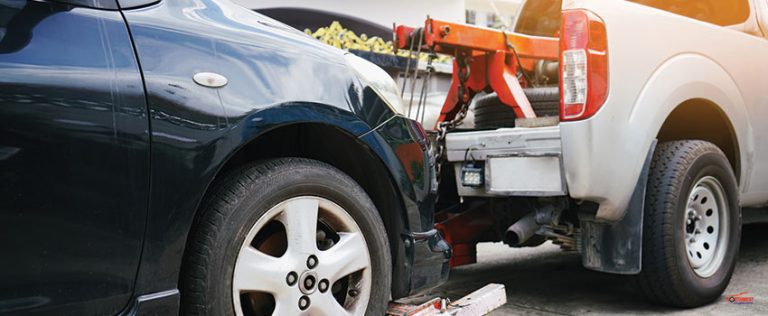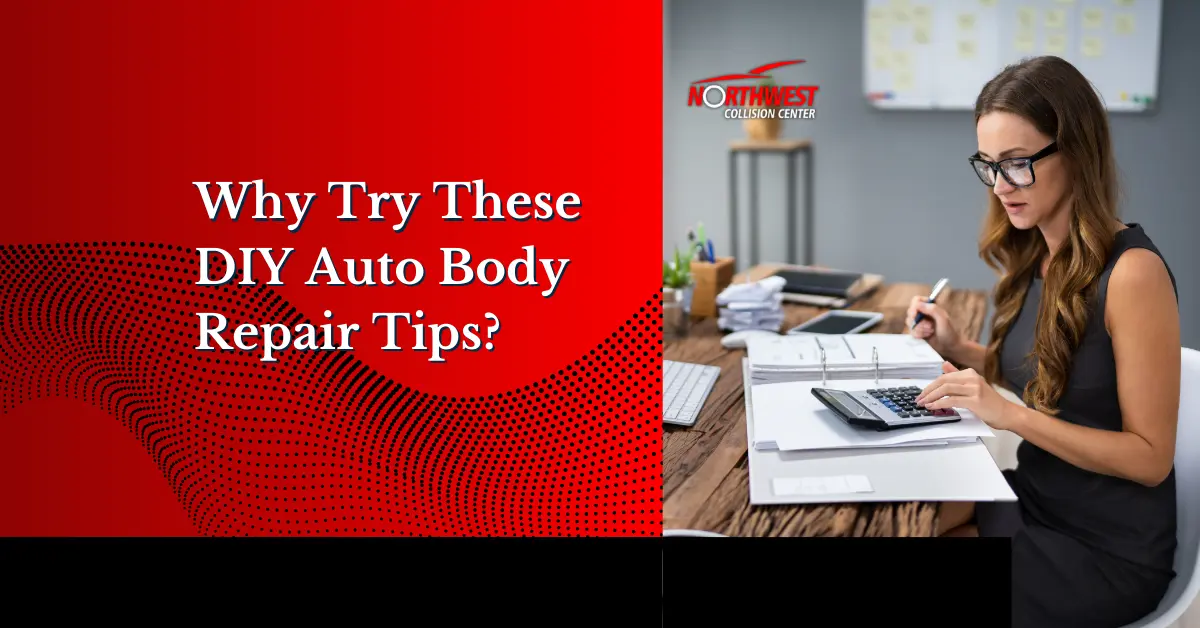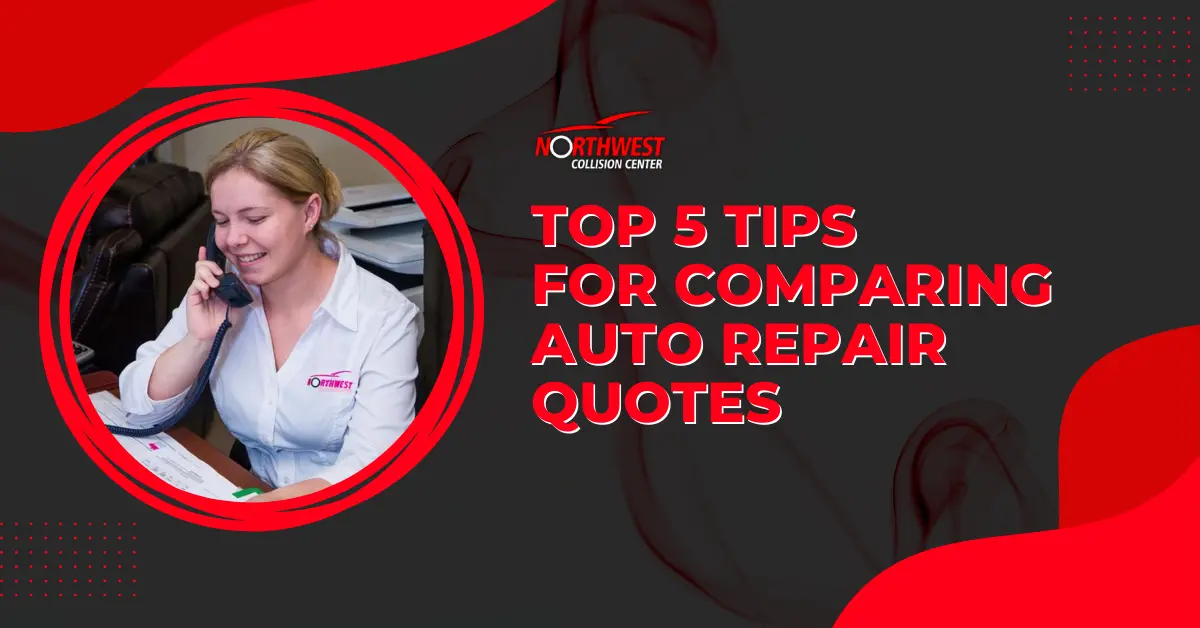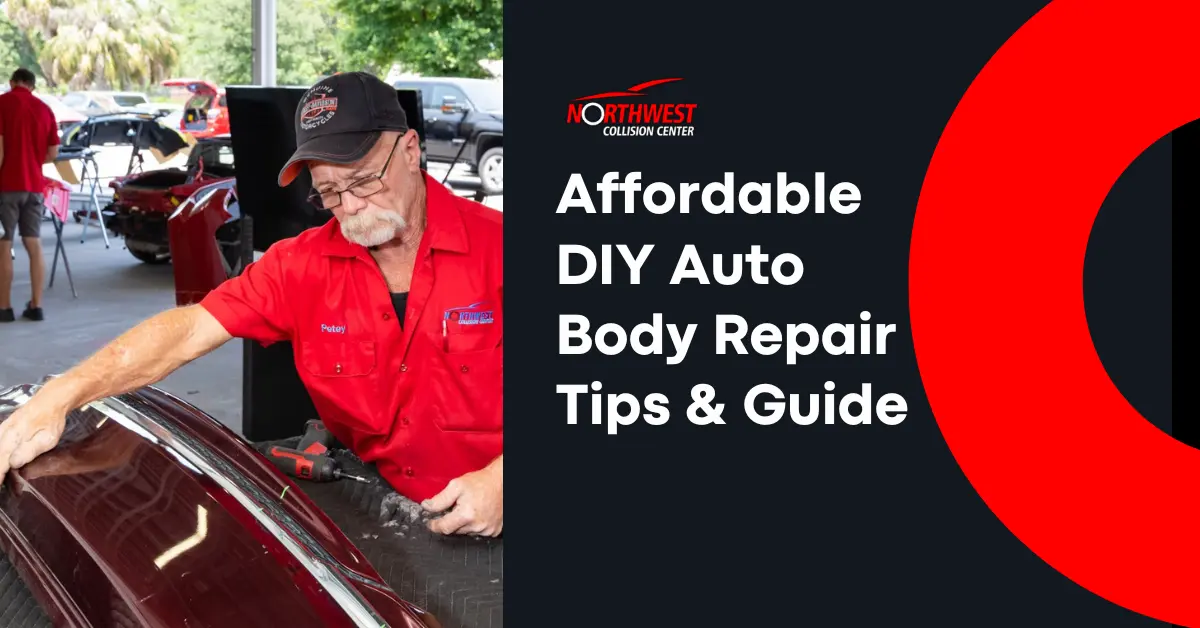Towing refers to the act of removing a vehicle from an illegal parking spot using an official tow truck and bringing it to a designated location. From here, the car owner can reclaim the vehicle after paying the applicable charges.
Seeing a car getting towed is never a welcome prospect, but sometimes, it’s inevitable and the only means available to get you out of a mess. A perfect example would be after a major road accident where your car comes out as a total wreck. In all likelihood, a towing company will be involved so your vehicle can be moved away from the accident site.
Reasons a Car Might Get Towed
Other than a road mishap .It’s downright frustrating to have your car towed, especially if it happens to be perfectly functional. Yet some of the reasons for towing a vehicle have valid foundations. Below are the most common:
1. Illegal Parking
This common violation covers three different categories, with the first involving fire hydrants. In the US, blocking a fire hydrant is illegal as this needs to be accessed immediately in case of a fire. How far you should park your car from the hydrant varies per state, although the accepted standard is between 15 and 20 feet in either direction.
The second involves handicapped parking where you either used the space yourself even if you’re not a PWD (person with disability) or you blocked the access point for handicapped people.
The third violation involves your car being parked in an area marked as either “no parking” or “tow zone” which should be clear and easy to follow.
2. Traffic Obstruction
Often, this has to do with how you park your car when making a quick stop. It’s either you parked too close to a shop or the back end of your auto is extended to the street lane. In both cases, you’ll likely see your car being towed away by the police so they can restore traffic flow.
3. Expired Registration or License
This doesn’t happen everyday but some drivers do forget to renew their licenses and their car’s registration records. If you get caught driving with these expired documents, police officers can use this as grounds to have your vehicle towed.
4. Outstanding Violations
It is possible to see your car being towed away for unpaid speeding tickets or parking violations. These will remain in your records until you either settle the fines or until the car is taken away. Also, if your auto gets stolen, this could be subject to towing after the police recover it from the suspected carnappers.
5. Abandoned Vehicle
Keep your auto locked inside your garage or in a paid parking area if you plan on leaving it for a prolonged period. If you keep it parked on a side street, police authorities will consider your car abandoned and may call a tow truck company for towing assistance.
How to Avoid a Towing Experience
Towing can happen to any car owner, but this can be avoided by observing the following precautions:
1. You should always be aware of the things around you.
When parking your auto outside the home, make it a habit to look around first for any road signs or a nearby fire hydrant. Street signs that are partially obscured by trees or bushes are not valid reasons to prevent your car from being towed.
If you want to contest the towing ticket, you may opt to take pictures of the signage so you’ll have proof that you can present to the towing company and to the authorities.
2. You should spend time updating your car records.
Keep all paperwork related to your car, including your registration and license, updated regularly. Also, the annual inspection for your vehicle should be performed as scheduled and ensure that your car sticker is correctly placed in your front windows.
3. You should consider settling all unpaid road violation charges.
Even if you are in financial trouble, it’s best to have your parking tickets and moving violations settled as soon as you can. Failing to do so has serious consequences, especially if those tickets keep filing up.
4. You should avoid parking on the curb.
When parking your auto, do it in such a way that the tires sit close to the curb. Many tow truck designs require some space between their dolly or bracket and the car tires so they can begin the towing process. Without this space, however, your vehicle could not be towed.
Adding an anti-towing device to your car is another effective way of keeping towing companies away. Still, this does not mean that you’re off the hook, because the police will still likely issue a ticket against you for towing violation.
5. You should not abandon your car or leave it unsecured.
If you’re planning to go on an extended vacation but will not be using your car, keep it locked securely in the garage or leave it in a paid parking area where you can make arrangements for a long-term but fixed payment.
Opting to leave your vehicle alone and unattended in public parking lots like malls and grocery stores can be risky as the authorities can conclude that you have abandoned your auto. In this case, you won’t be able to prevent your car from being towed.
What to Do After Your Car Gets Towed
When you find your vehicle missing after parking it somewhere minutes ago, the initial conclusion would be that it was stolen. It’s best, however, to have a look around first as there will be signs that will tell you that towing took place. In particular, try to do the following:
1. Determine your location.
It’s easy to determine if your vehicle was towed. Often, in the spot where you left your car previously, you’ll notice signs about prohibited parking and towing a vehicle. If the area is under the jurisdiction of the city or municipal government, then your car is likely in an impound facility managed by that same city or municipality.
Meanwhile, If a private company took away your auto, check the signage as this should contain information about where cars are being towed and the number you can call.
2. Make the call.
Based on the information listed in the signage, call the number of the private towing company to confirm if they have your car. If the signage only shows the company’s name, a quick online search should give you the necessary contact details.
On the other hand, if you find that your vehicle is in a municipal impound yard, call the local police as they should have the information you’re looking for.
3. Prepare your documents.
After confirming where your auto has been taken, prepare the needed documents along with the towing fee, and set the date when you will reclaim your car. Often, the documents you’ll be asked to present are the vehicle registration, the car insurance policy, and your driver’s license, although additional files may be required in a few cases.
Northwest Collision Center Can Answer All Your Towing Needs
Road accidents can happen when you least expect them. Northwest Collision Center is always ready to lend a helping hand when you need it.
Our auto body repair St. Petersburg, FL, services include excellent towing provisions, including helpful prevent car from being towed tips. Contact us now for the details of our other services.










